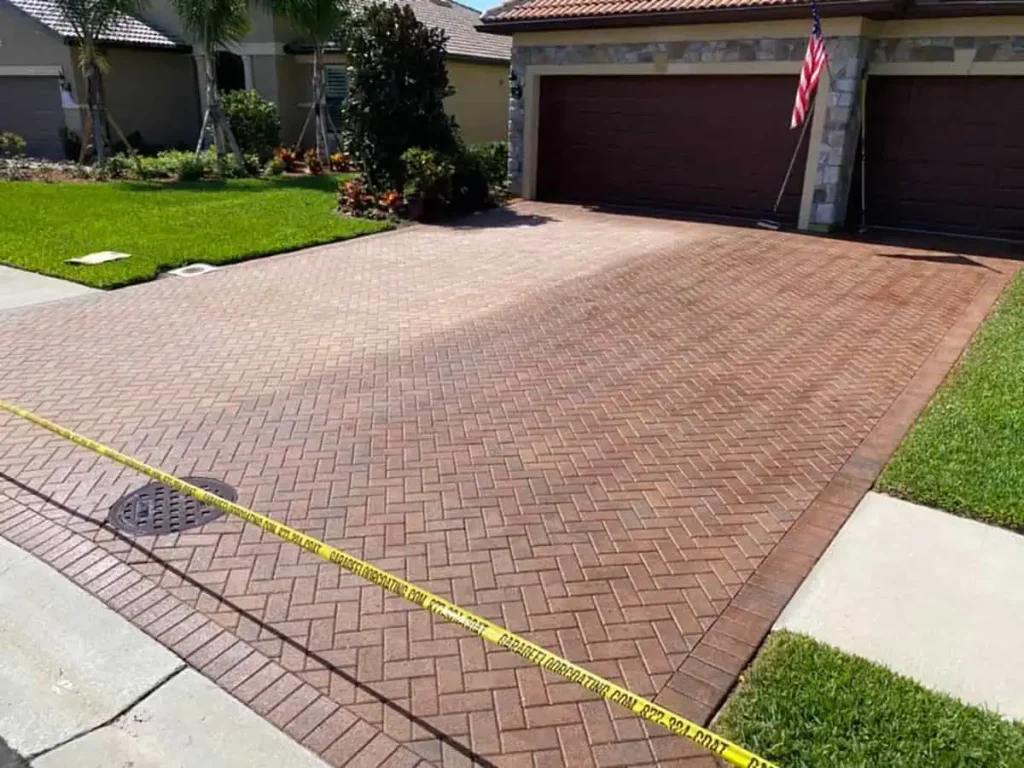We use cookies to help you navigate efficiently and perform certain functions. You will find detailed information about all cookies under each consent category below.
The cookies that are categorised as "Necessary" are stored on your browser as they are essential for enabling the basic functionalities of the site. ...
Necessary cookies are required to enable the basic features of this site, such as providing secure log-in or adjusting your consent preferences. These cookies do not store any personally identifiable data.
Functional cookies help perform certain functionalities like sharing the content of the website on social media platforms, collecting feedback, and other third-party features.
Analytical cookies are used to understand how visitors interact with the website. These cookies help provide information on metrics such as the number of visitors, bounce rate, traffic source, etc.
Performance cookies are used to understand and analyse the key performance indexes of the website which helps in delivering a better user experience for the visitors.
Advertisement cookies are used to provide visitors with customised advertisements based on the pages you visited previously and to analyse the effectiveness of the ad campaigns.

Sealers play a critical role in maintaining the beauty and longevity of paver floors and brick paver walls. They protect against stains, weathering, and wear while enhancing the natural colors and textures of the materials. At Boost Home Pro, we understand the importance of choosing the right sealer for your outdoor projects. In this comprehensive guide, we will explore the different types of sealers that can be used on paver floors and brick paver walls, their benefits, application methods, and maintenance tips.



Sealers create a barrier that prevents stains from penetrating the pavers, making it easier to clean spills and maintain the appearance of the surface.
Sealers help protect pavers and bricks from the damaging effects of moisture, freeze-thaw cycles, and UV rays, extending the life of your outdoor surfaces.
Many sealers enhance the natural colors of pavers and bricks, giving them a more vibrant appearance. This can help bring out the beauty of the materials and improve the overall aesthetics.
By sealing the joints between pavers, sealers can help prevent the growth of weeds and moss, reducing maintenance efforts.
Sealed surfaces are easier to clean and maintain, as dirt, grime, and stains are less likely to adhere to the treated surface.
Penetrating sealers soak into the pores of the pavers and bricks, protecting them. They are ideal for surfaces that require breathability, as they allow moisture to escape while preventing water and stains from penetrating. Common types include silane, siloxane, and silicone sealers.
Acrylic sealers form a protective film on the surface of the pavers and bricks. They are available in both water-based and solvent-based formulations and can provide a matte, semi-gloss, or high-gloss finish. Acrylic sealers are known for their versatility and ease of application.
Polyurethane sealers offer excellent durability and resistance to abrasion, chemicals, and UV rays. They create a strong, protective layer on the surface and are ideal for high-traffic areas. These sealers are available in water-based and solvent-based versions.
Epoxy sealers provide a thick, durable coating that is highly resistant to wear, chemicals, and stains. They are often used for industrial and commercial applications but can also be used in residential settings for maximum protection.
Urethane sealers are similar to polyurethane sealers but offer even greater durability and chemical resistance. They are often used in conjunction with epoxy sealers to provide a high-performance, long-lasting finish.
Proper surface preparation is crucial for achieving the best results with sealers. Clean the paver floors and brick walls thoroughly, removing any dirt, debris, stains, and previous sealers. Ensure the surface is dry before applying the sealer.
Select a sealer that is suitable for the specific type of pavers or bricks and the desired finish. Consider factors such as the level of traffic, exposure to weather conditions, and aesthetic preferences.
Use the appropriate tools for applying the sealer, such as a roller, brush, or sprayer. Ensure even coverage and avoid pooling or streaking.
Follow the manufacturer’s instructions for applying the sealer. Typically, this involves applying one or more coats, allowing sufficient drying time between each coat. Work in small sections to ensure even application.
Allow the sealer to cure fully before using the treated surface. Curing times vary depending on the type of sealer and environmental conditions, so refer to the manufacturer’s guidelines.
Choosing the right sealer for your outdoor paver floors and brick paver walls is essential for maintaining their beauty and durability. At Boost Home Pro, we offer a range of high-quality sealers to suit your specific needs. Visit our store to explore our selection of sealers and find the perfect solution for your outdoor projects. By following proper application and maintenance practices, you can ensure that your pavers and brick walls remain protected and look their best for years to come.